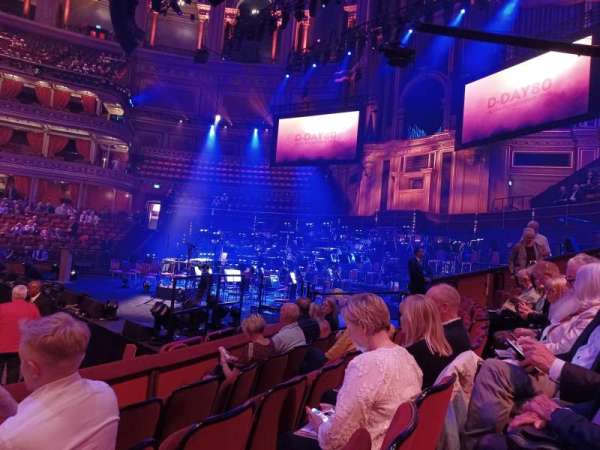Exploring the Significance of Royal Albert Hall

Introduction
The Royal Albert Hall, located in South Kensington, London, has been a beacon of culture and music since its opening in 1871. Renowned for its distinctive architecture and rich history, the hall has cemented its status as one of the world’s most famous performance venues. Its ongoing relevance in the music and arts scene underscores the importance of preserving and celebrating such cultural landmarks.
A Rich Historical Background
The iconic concert hall was named after Prince Albert, the consort of Queen Victoria, and was conceived as part of the Albertopolis, an area dedicated to the promotion of arts and sciences. The hall has a seating capacity of 5,272 and is celebrated for its distinctive circular shape and stunning acoustics.
Throughout its history, the Royal Albert Hall has hosted a myriad of performances, from the annual Proms concert series, which has been running since 1941, to classical concerts, rock concerts, ballet, and even discussions on topical issues. Notably, legends such as The Beatles, Led Zeppelin, and Adele have all graced its stage.
Recent Events and Future Prospects
As of late 2023, the Royal Albert Hall continues to be a hub of activity, hosting a variety of events including orchestral concerts and film screenings. The venue has embraced modern technology and the shift in audience preferences, offering livestream concerts and exploring diverse genres. In addition to its traditional offerings, the hall has expanded its outreach to engage younger audiences and foster a new generation of arts enthusiasts.
The Royal Albert Hall is currently preparing for its upcoming Winter Season, which features a diverse lineup of performances and special events, further solidifying its reputation as a versatile venue capable of catering to various tastes.
Conclusion
The Royal Albert Hall stands as a testament to Britain’s artistic heritage and remains an integral part of London’s cultural fabric. With continuous renovations and an expansion of its programming, the hall is well-positioned to adapt to the changing landscape of the arts. As it approaches its 200th anniversary, the future looks bright for this historic institution, ensuring its continued relevance and significance for audiences worldwide.









